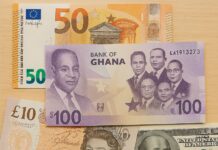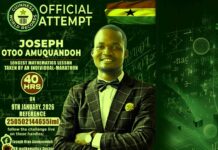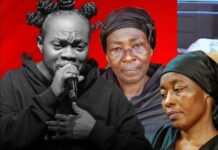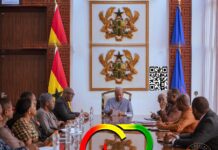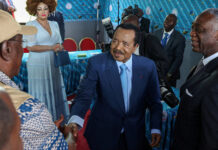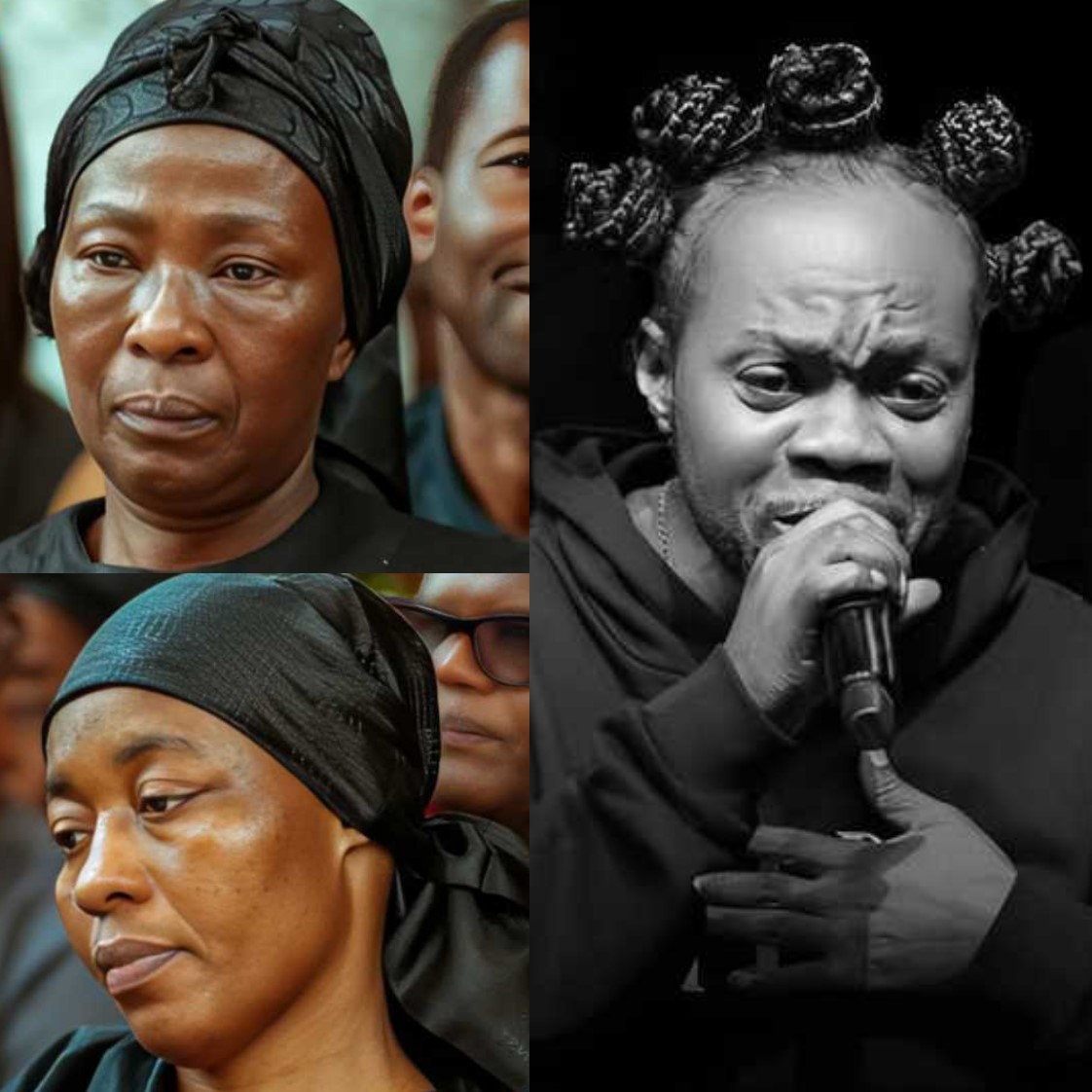
Daddy Lumba’s marriages, wives, children, and questions around who is recognized as his true legal wife, and who inherits his properties, with context from Ghanaian law as exposed by Ghanaian Legal Practitioner Samuel Kissiedu.
Daddy Lumba had multiple relationships, some of them long-standing, and there’s some dispute over which of his partners are/were “wives” in the legally recognized sense, and which will/would inherit.
According to GhanaRegions.com Editor, highlife legend Charles Kwadwo Fosu, popularly known as Daddy Lumba, left behind not only an iconic music catalogue but also a complex family life.
As the public continues to celebrate his achievements, questions around his marriages, wives, children and the inheritance of his properties have become a topical discussion.
Ghanaian legal practitioner Samuel Kissiedu has explained in detail how Ghanaian law treats issues of marriage and succession. This article brings together what is publicly known about Daddy Lumba’s family and how Ghanaian law would apply.
Watch Full Video Below:
Daddy Lumba’s Marriages, Wives & Who Is True Wife?
Daddy Lumba was widely reported to have been married to Akosua Serwaa, who lived with him in Germany during the early stages of his career. She is recognised as his first and legal wife under Ghanaian customary law. They had three children together.
Over the years, Daddy Lumba had relationships with other women and fathered children with them. One of the most publicly known partners is Priscilla Ofori-Atta, popularly called Odo Broni.
However, it is important to clarify that Odo Broni was not married to Daddy Lumba under either civil or customary marriage law, despite their close association.
Any children Odo Broni had with Daddy Lumba still have legal rights as his children, but she herself would not automatically qualify as a spouse for inheritance purposes.
Other women: There are media sources saying he had relationships with up to four women and fathered children with them.
Daddy Lumba’s Children
Reports indicate that Daddy Lumba had children with more than one woman, but the confirmed number is with Akosua Serwaa (his recognised wife). Under Ghanaian law, all biological or legally acknowledged children, regardless of the marital status of their mother, have rights to their father’s estate.
Controversies About Daddy Lumba Marriage & Wives
Some of the controversy arises because of how marriages are or are not registered, whether they are customary, formal, or informal customary marriages. Also, because in Ghana polygamy is not recognized under civil (statutory) monogamous marriage law, but customary marriages may allow multiple wives.
Samuel Kissiedu, as per your summary, went into types of marriage, recognition under customary law, informal customary marriages, etc.
Legal Framework in Ghana Relevant to Marriage & Inheritance
To understand who is “the” wife, and who inherits, one needs to understand Ghanaian law on marriage, customary marriage, and succession (inheritance). Some key laws / principles:
- Marriage Types:
Under Ghanaian law there are different marriage regimes:- Civil (ordinance) marriages (monogamous)
- Customary marriages (may be polygamous)
- Muslim marriages (which under certain rules may allow polygamy)
- Customary marriages often are not formally registered but are recognized under customary law if evidence supports their existence.
- Intestate Succession Law (if someone dies without a will):
In Ghana, this is governed by PNDCL 111 (Intestate Succession Act, 1985) and its amendment (PNDC Law 264). It lays out how the estate of someone who dies without a valid will is shared among surviving spouse(s) and children, parents, etc.- The law applies to “spouses” and “children,” but how “spouse” is defined depends on whether the marriage was validly contracted under recognized law (customary or civil) and whether there is evidence. Customary marriages not registered can still be recognized.
- For polygamous customary marriages, if multiple wives are valid under customary law, then the intestate succession provisions can apply to all of them. The wives and children share certain “household chattels,” rights to one house (or the “matrimonial home”), etc. But division among multiple wives is not always straightforward.
- Wills: Someone may leave a will, in which case the will governs distribution of property subject to legal limits, override of statutory intestacy rules. It’s not clear publicly whether Daddy Lumba left a will (as of yet, in the reporting).
Types of Marriages in Ghana (Explained by Samuel Kissiedu)
1. Customary Marriages: Customary marriages are the traditional form of marriage in Ghana. They are potentially polygamous, meaning a man can have more than one wife if the marriages are performed under customary rites. Even if a husband and wife separate for many years, the first wife remains recognised under customary law until a proper dissolution is done.
2. Ordinance (Statutory) Marriages: Marriage under the ordinance (civil marriage) is strictly monogamous. Once contracted, a man cannot marry another woman unless the first marriage is legally dissolved by divorce.
3. Informal Customary Marriages: These are situations where a couple has performed customary rites informally or lived together as husband and wife without formal registration. In Ghana, such unions may still be recognised under customary law if evidence exists of the marriage rites or public acknowledgement.
Recognition of Marriage and Polygamy
Under customary marriage, a man can have multiple wives. Each wife is recognised if the marriage rites were properly performed. Under ordinance marriage, however, polygamy is not allowed. This distinction is crucial when determining who qualifies as a spouse at the time of death.
Divorce, Separation and Hardships
Long periods of separation do not automatically end a customary marriage. A proper dissolution under customary law is required. Without that, the first wife still holds legal recognition, which can affect property distribution when the husband dies.
Children’s Rights Under Ghanaian Law
Children from all recognised unions, married or not have inheritance rights. They can claim maintenance and a share of their father’s property. DNA testing is not automatically required if paternity is acknowledged.
Property Rights and Inheritance of a Deceased Person in Ghana
1. Intestate Succession Act (PNDCL 111)
If a person dies without a will, the Intestate Succession Act applies. Under this law:
- The surviving spouse(s) and children share household property and at least one house.
- The residue of the estate is distributed among the surviving spouse(s), children, and sometimes parents.
2. Multiple Wives Under Customary Marriage
If the deceased contracted multiple valid customary marriages, all the wives and children have a share. However, only one matrimonial home is automatically guaranteed under the Act. Additional properties are distributed proportionately.
3. Partners Who Were Not Married
Women who were in a relationship with the deceased but were not legally married (either civilly or customarily) are not automatically entitled to inherit as spouses. They may only claim on behalf of their children or pursue other civil remedies.
Applying the Law to Daddy Lumba’s Case
- Akosua Serwaa, as Daddy Lumba’s recognised wife under customary law, is legally considered his spouse and thus entitled to inherit under the Intestate Succession Act if no will exists.
- Priscilla Ofori-Atta (Odo Broni), although a close partner, was not married to Daddy Lumba. She therefore does not automatically qualify as a surviving spouse for inheritance purposes. However, any children she had with him are entitled to their share as his children.
- Other women who were in relationships but not married under customary or civil law will not be recognised as spouses for inheritance purposes.
Daddy Lumba’s family life mirrors the complexity of Ghanaian marriage systems. His only recognised wife is Akosua Serwaa, while Odo Broni was a partner but not a legally married spouse.
All acknowledged children, however, have inheritance rights regardless of their mothers’ marital status. According to Ghanaian legal principles explained by Samuel Kissiedu, the distribution of Daddy Lumba’s property will depend on the existence of a valid will, the proof of marriage under customary or statutory law, and the identification of all his children.




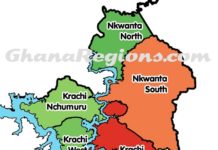
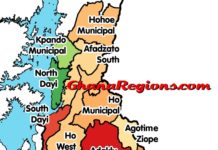
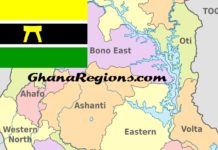

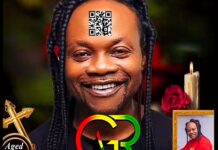

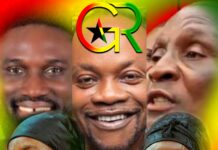
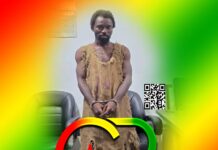







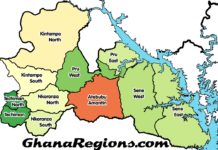



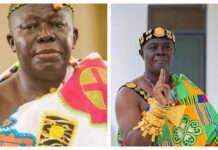
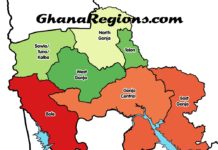

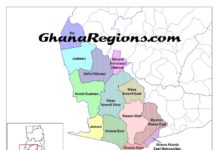
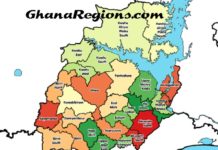







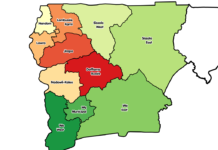
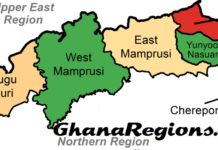

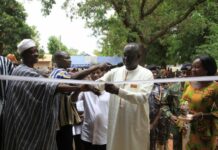










![Morocco knock out Spain on 3-0 penalties to reach FIFA World Cup 2022 quarter-final, Morocco vs Spain (0-0) (3-0) [Video]. Morocco knock out Spain on 3-0 penalties](https://ghanaregions.com/wp-content/uploads/2022/12/Watch-Morocco-vs-Spain-0-0-and-3-0-penalties-218x150.jpg)












